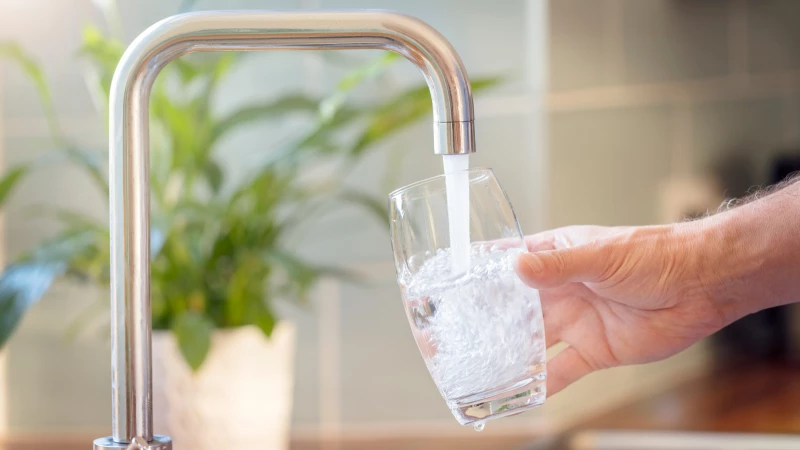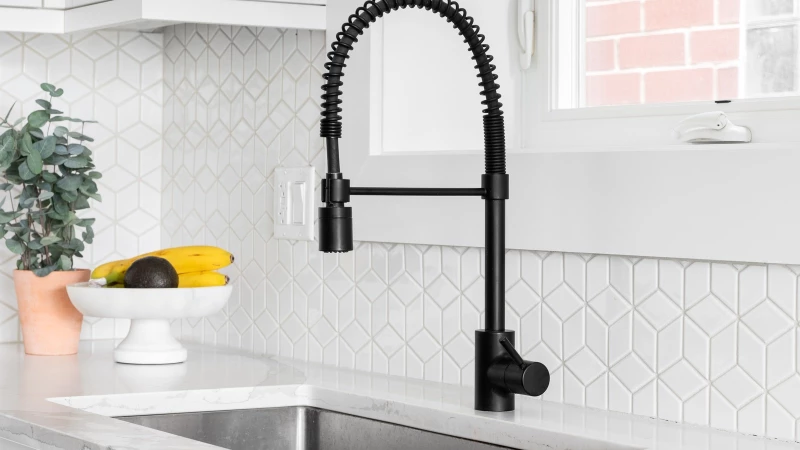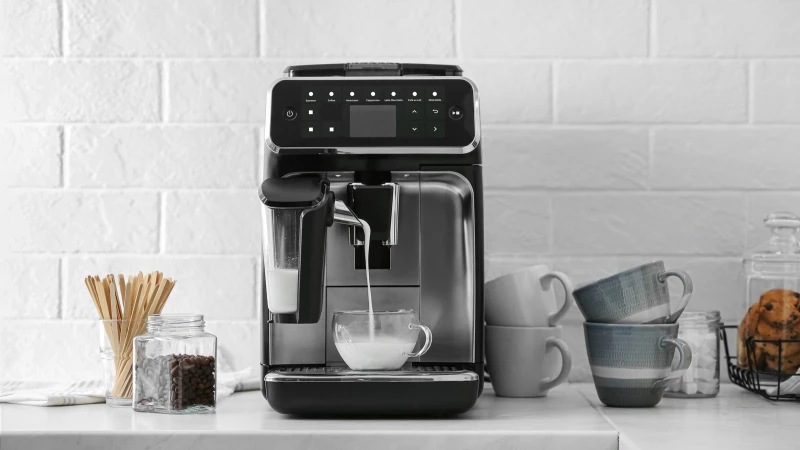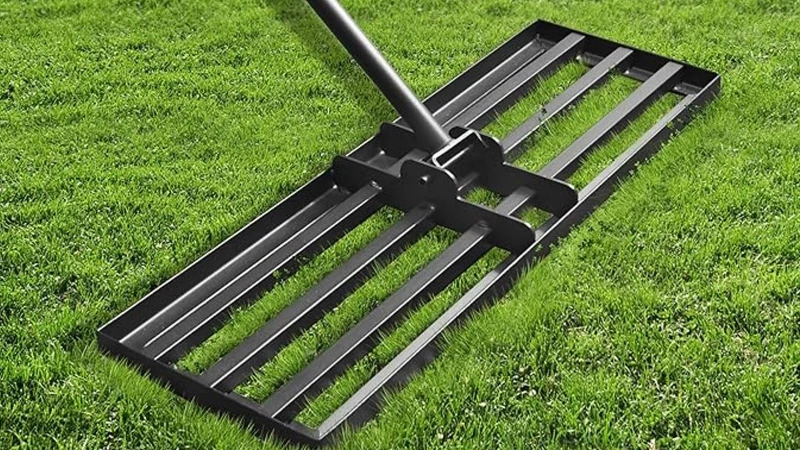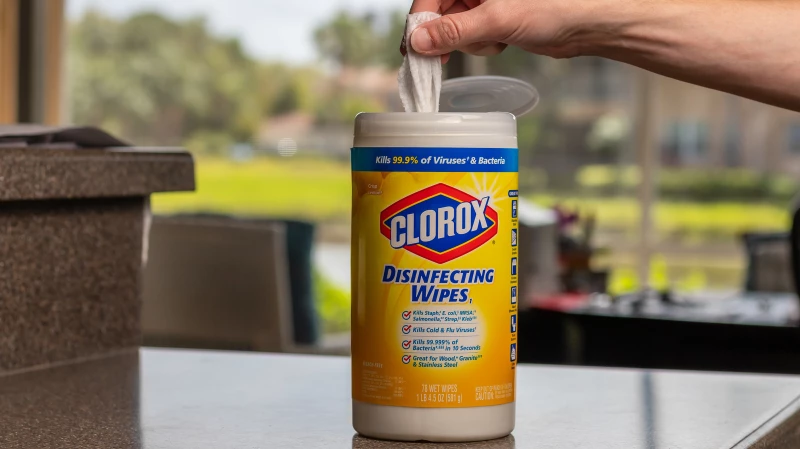Having a superior water quality in your home may not seem like an everyday priority, but understanding how the water you use can affect your health is crucial. Whether it's from your local municipality or a well, the quality of your water can have a significant impact on your well-being. Hard or untreated water, which contains high levels of minerals, can lead to issues such as dry skin, brittle hair, cavities, and gum disease. This is why investing in water softeners or conditioners is important.
Water softeners are specifically designed to remove hard minerals like calcium and magnesium, while conditioners can tackle a broader range of problems including water odor and taste by eliminating impurities.
Is it time to consider a water softener for your home? Apart from benefiting your health, the quality of your water can also impact the value and maintenance of your house. Hard water, rich in mineral content, can lead to the accumulation of scale in your plumbing, appliances, and fixtures. This build-up can result in blockages, reduced water flow, and corrosion, jeopardizing the efficiency of your plumbing system and devices. Investing in a water softener can help combat these issues and safeguard your home from potential damage. Alternatively, a water conditioner offers a more energy-efficient solution by modifying the mineral composition in the water. This process encourages minerals to bond with each other instead of attaching to surfaces in your home, thus preventing scaling and enhancing water flow.
Do you need a water conditioner?
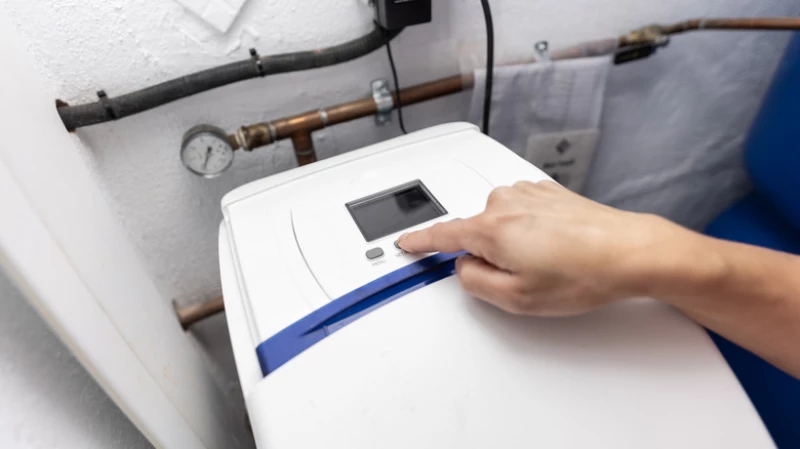
Installing a water softener in your home requires a few steps and may be required by law to be completed by a plumber, depending on which state you live in. What will determine what type of softener you purchase is the size of your home, the number of residents who live there, and the amount of water you use each day. On top of that, the level of hardness of your water could also require a more advanced system should you want to correct it properly. Fortunately, there are a great range of options for different budgets, household sizes, and water correction available to fit your individual needs.
While water softeners can effectively treat the tap water in your home to protect your health as well as the structures and appliances in your home, water conditioners may provide an extra bonus worth considering. If the water in your home has a particular odor or taste that's unpleasant and all of the symptoms associated with hard water, a conditioner may be a better choice. At the same time, while they work differently, a water conditioner can be more energy efficient and eco-friendly as it doesn't require as many components to soften the water or have as many adverse outputs as a softener does. If these attributes align more with your desired outcome, then a conditioner may be a better investment for your home.
For those considering a water conditioner instead of a water softener, there are some key points to keep in mind. Unlike water softeners, water conditioners offer additional benefits by filtering out contaminants such as chlorine and sediments. While water softeners completely remove minerals from water, water conditioners alter the mineral composition, allowing beneficial minerals like calcium to remain while safeguarding your plumbing system. Additionally, water conditioners typically require less maintenance compared to softeners, as they do not need salt additions or frequent deep cleanings to operate effectively.

